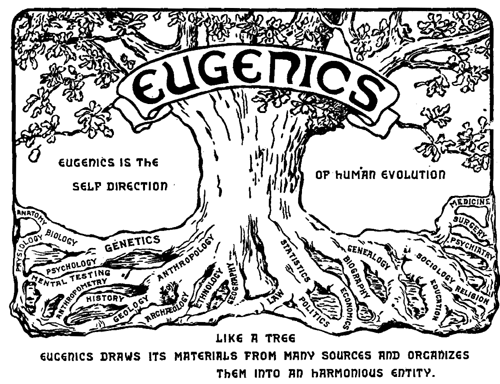Eugenics is inextricably linked in the public consciousness to Nazi policies of sterilisation and euthanasia. But the concept of hereditary human improvement didn't vanish after the war. Is gene editing technology its modern manifestation? Amanda Smith investigates.
Going back to the ancient Greeks, it was all about breeding. In his Republic, Plato suggests that people should only be allowed to marry under controlled circumstances.
Plato, you see, regarded people much the same as livestock: you breed the best ones and not the others.
There's a new group out there who are unashamedly saying it's not that eugenics was wrong, it's that it was done wrong.
'A lot of people trace the idea of eugenics back to that,' says Nathaniel Comfort, author of The Science of Human Perfection. 'It has a certain logic to it.'
The term 'eugenics' was coined by 19th century British polymath Francis Galton.
'At first he called it viticulture, and then he decided that eugenics was a more euphonious word,' says Comfort. The root of the word is the Greek eugenes, meaning 'well born'...
http://www.abc.net.au/radionational/programs/bodysphere/long-shadow-of-eugenics/7329050


No comments:
Post a Comment